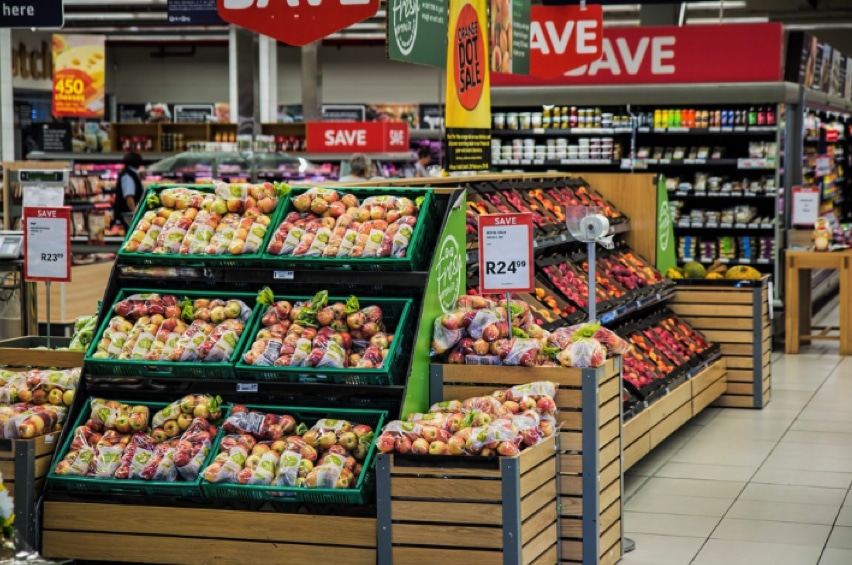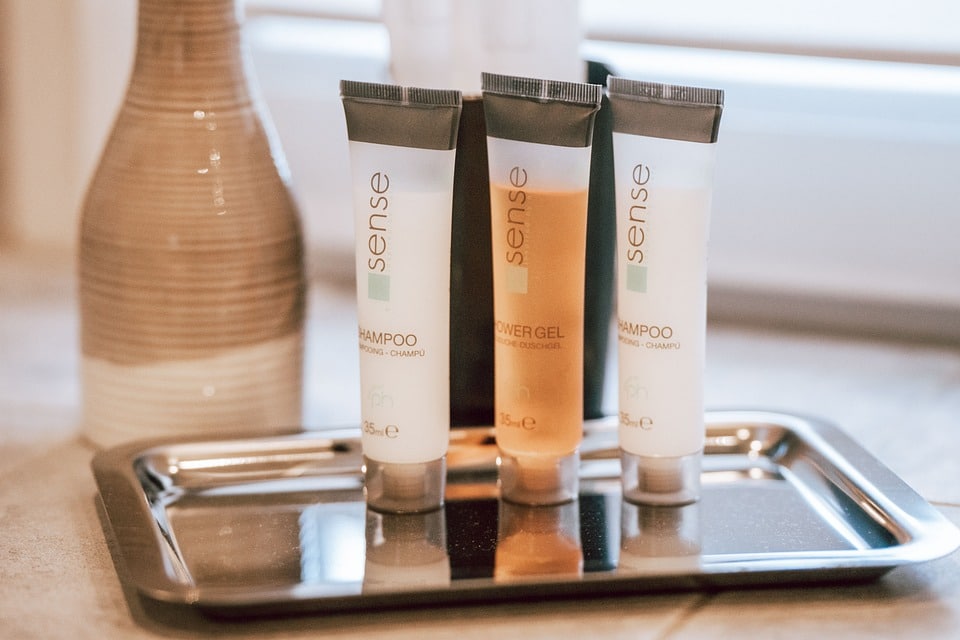Cyprus is lagging behind and will find it difficult to reach targets
The most important step in waste management is reducing waste or as the EU puts it, taking measures not to produce waste. This is defined by the Waste Hierarchy in the Waste Directive 2008/98 (article 4) as follows: (a) prevention; (b) preparing for re-use; (c) recycling; (d) other recovery, eg energy recovery; and (e) disposal.
For this type of thinking to apply, one has first to look at the type of waste produced and then take steps to avoid producing it.
One such measure being discussed is the ban by 2030 of small packaging no matter whether it is recyclable or not.
For Cyprus this is very important as we are lagging behind and it would be very difficult to even achieve the 55 per cent recycling target for 2025.
The new measures will extend to unnecessary packaging and further promote and support recycling.
The packaging covered will be single-use packaging for food and beverages when they contain products that will be consumed inside, such as in a restaurant. Instead, customers will be provided with reusable packaging.
The most notable changes that consumers will notice are the banning of small shampoo bottles and miniature packaging that we see in hotels and the single-use packaging of pre-packaged fruit and vegetables in supermarkets.
In recent years we have seen an upsurge in packaged pre-cut fruits and salads. These will also come under the new regulation but it may not be such a bad thing as there are worries that when fruit and vegetables are pre-cut they come into contact with air and oxygen and might lose some of their nutrition.
The EU estimates that if businesses pass on to customers the savings made with these measures, every household will be saving about €100 per year.
The packaging waste proposal is currently being discussed by the European Parliament and the European Council. These measures are not only aimed at reducing waste but also minimising plastic products.
The Directive 94/62/EC on packaging and packaging waste sets the following detailed targets:
By December 31, 2025 at least 65 per cent, by weight, of all packaging waste must be recycled. The recycling targets per material are: 50 per cent of plastic, 25 per cent of wood, 70 per cent of ferrous metals, 50 per cent of aluminium, 70 per cent of glass and 75 per cent of paper and cardboard.
By December 31, 2030 at least 70 per cent, by weight, of all packaging waste must be recycled. This includes: 55 per cent of plastic, 30 per cent of wood, 80 per cent of ferrous metals, 60 per cent of aluminium, 75 per cent of glass and 85 per cent of paper and cardboard.
Charalampos Theopemptou is an MP, leader of Cyprus Green Party – Citizens Cooperation and chair of the House environment committee








Click here to change your cookie preferences